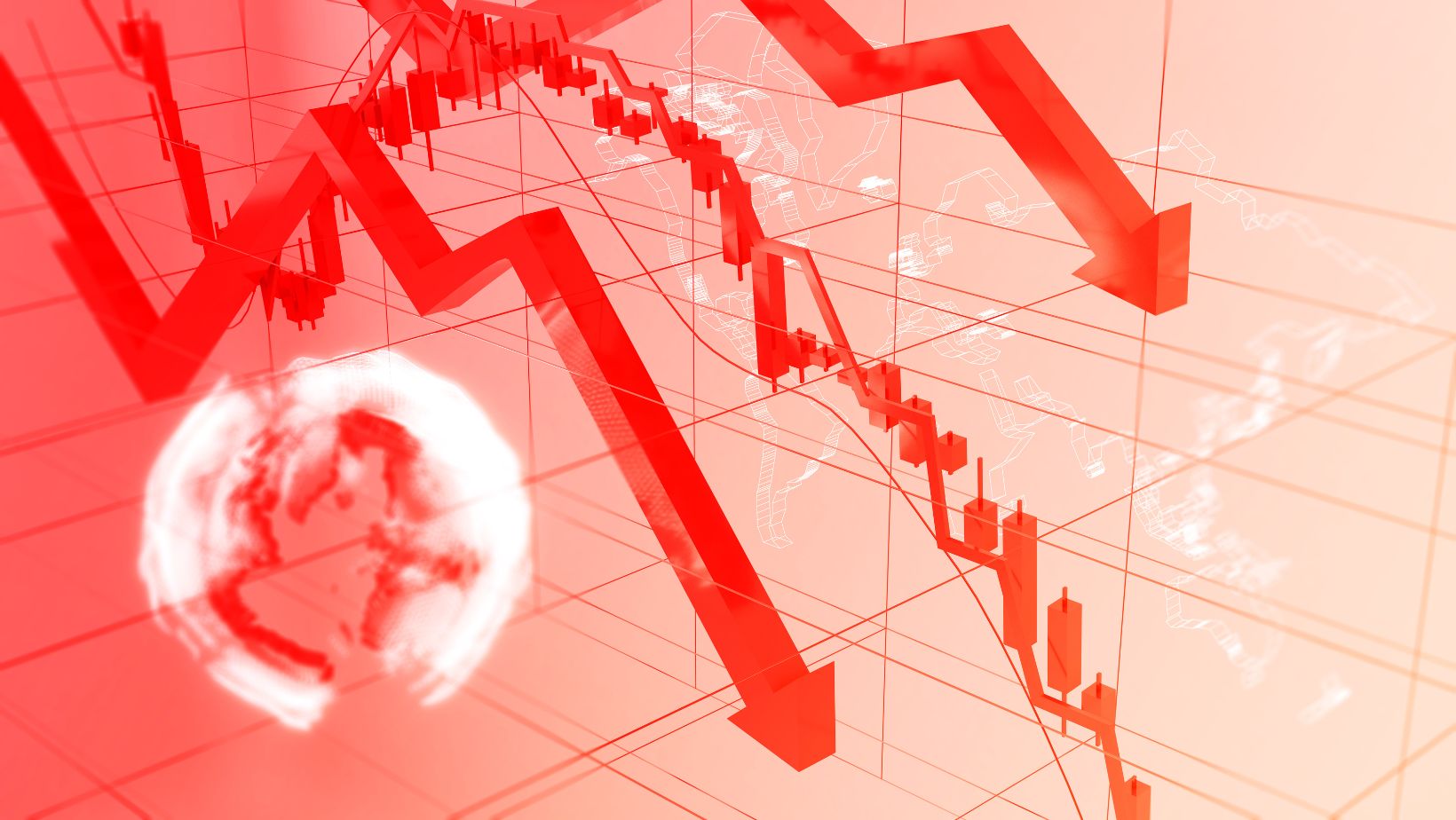
Tips on How to Invest in Nigeria Successfully
How to Invest in Nigeria
Dipping your toes into the world of investing can be an exhilarating yet daunting task. When it comes to expanding your portfolio internationally, Nigeria presents a unique and attractive opportunity. Nigeria, the giant of Africa with its bustling economy and rapidly growing population, is increasingly being recognized as a favorable investment destination.
In recent years, I’ve observed an increased interest from foreign investors in Nigeria’s market. Why? Because it’s brimming with potential across various sectors such as agriculture, real estate, technology, and energy among others. But like any other investment decision, this isn’t something you should dive into without understanding the ins and outs.
Investing in Nigeria requires careful planning and strategic thinking. While there are numerous opportunities available for growth and profit, there are also risks that need to be mitigated. In this article, I’ll guide you through what you need to know about investing in Nigeria – from understanding the economic landscape to identifying lucrative sectors and navigating regulatory requirements.
Understanding Nigeria’s Economy
Nigeria’s economy, I must say, is a fascinating mix of traditional practices and modern industries. It’s the largest in Africa, with oil playing a significant role. However, there’s more to it than just oil. Agriculture also accounts for a sizable chunk of the country’s Gross Domestic Product (GDP).
Let me share some facts with you. The table below shows Nigeria’s GDP by sector:
| Sector | Percentage |
| Agriculture | 21.96% |
| Industry | 23.65% |
| Services | 54.39% |
You can’t talk about investing in Nigeria without understanding its economic structure! Now let’s dig deeper.
The agricultural sector isn’t just about farming; it encompasses forestry, fishing, and livestock as well. It employs nearly half of all Nigerians and serves as an important source of raw materials for other sectors.
Then there’s the industrial sector – it owes much of its growth to petroleum and mining activities, but manufacturing has been making strides too.
Lastly, services have emerged as an essential part of Nigeria’s economic landscape — ranging from trade to information technology to finance.
What really grabs my attention are new initiatives that aim at diversifying the economy beyond oil – such as promoting digital tech startups or encouraging small-scale entrepreneurship within agriculture.

The Potential of Investing in Nigeria
Diving right into it, it’s impossible to overlook the enormous potential Nigeria holds for investors. It’s Africa’s largest economy and has a rapidly growing middle class. This economic growth is primarily driven by agriculture, petroleum, and services.
The impressive part? Nigeria has been showing consistent GDP growth over the years. According to World Bank data:
| Year | GDP Growth Rate |
| 2016 | -1.62% |
| 2017 | 0.81% |
| 2018 | 1.91% |
| 2019 | 2.20% |
This steady upward trajectory shows an economy on the rise, offering ample opportunities for savvy investors.
What’s more, there are numerous sectors ripe for investment in Nigeria. Agriculture and agribusiness lead the pack due to bountiful arable land and favorable weather conditions year-round; perfect for growing a variety of crops.
Next up is real estate; with urbanization increasing at a fast pace, demand for housing and commercial spaces skyrocketed in recent years.
Then we have Information Technology (IT). With one of Africa’s fastest-growing tech scenes, companies such as Andela and Flutterwave have managed to attract massive international investments.
Lastly, let’s not forget about energy; despite being an oil-rich nation, Nigeria faces power shortages that renewable energy companies can help address.





